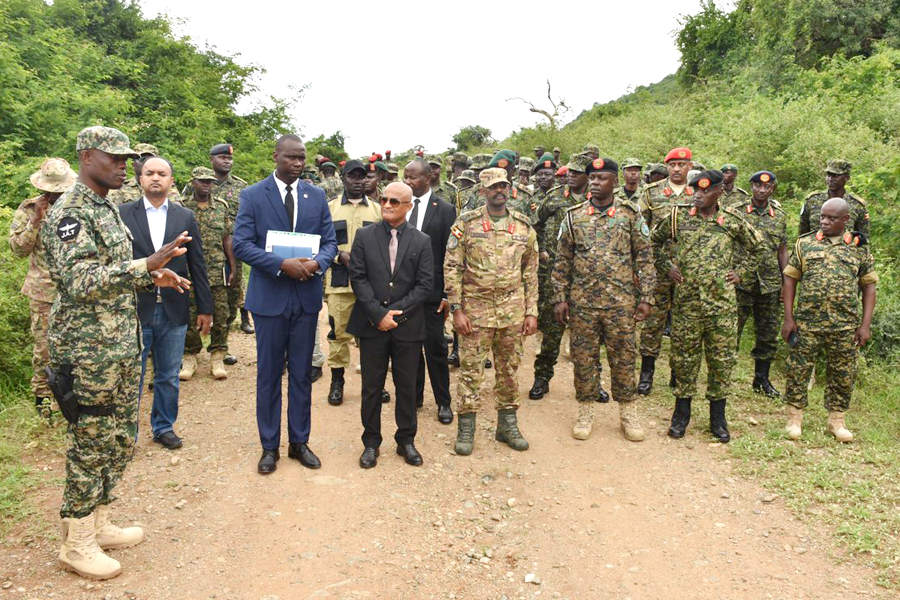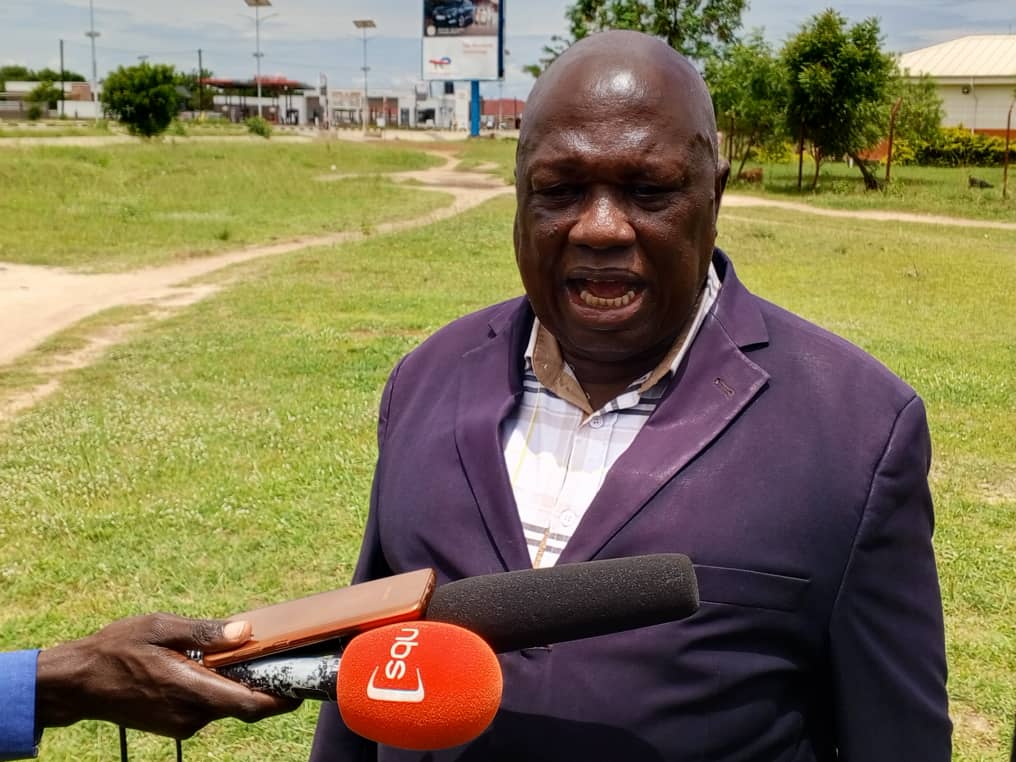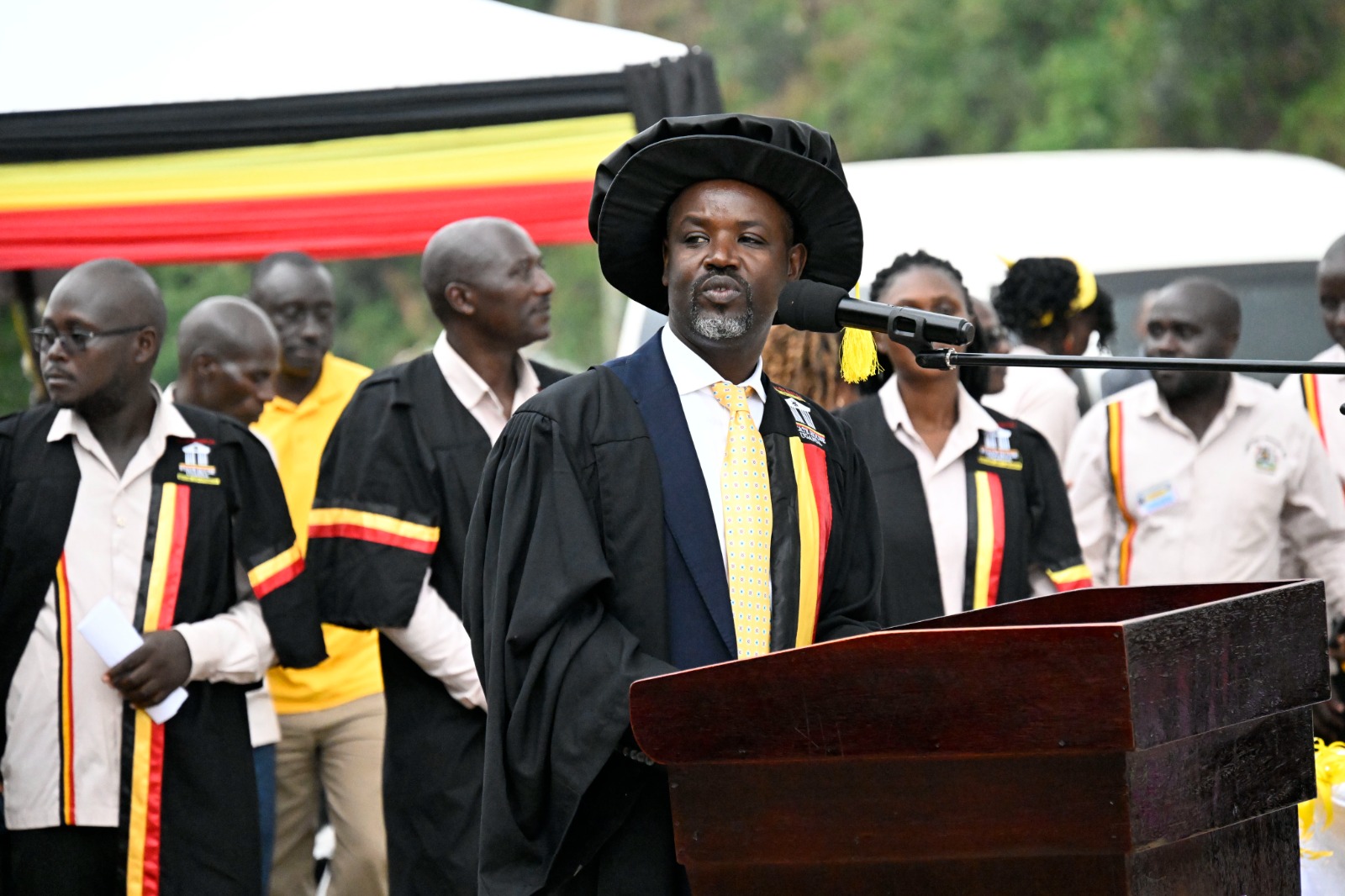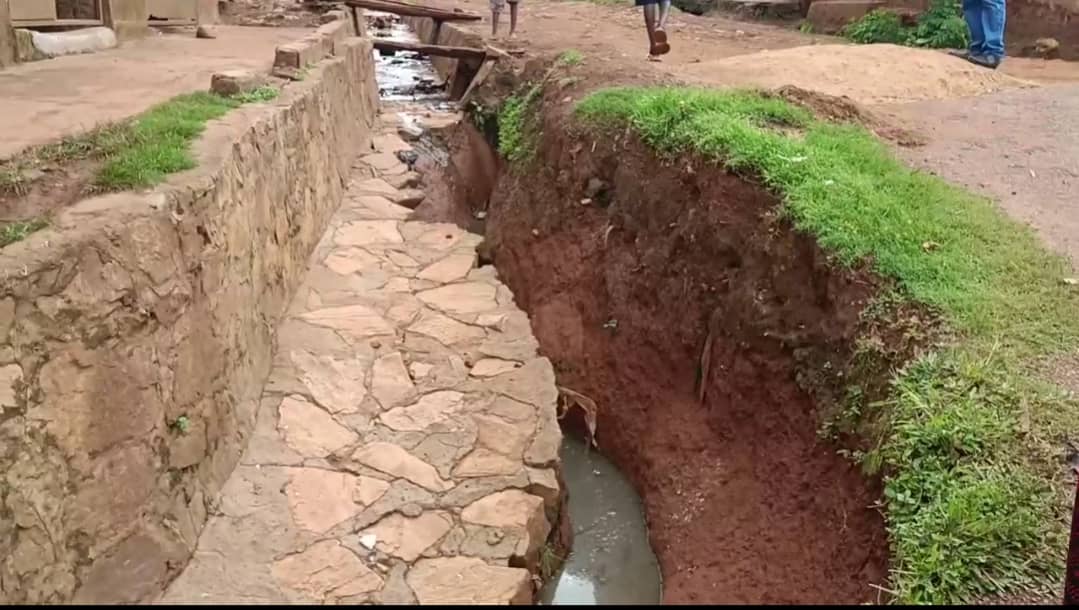What were Mugabe’s options?
Former Zimbabwe President Robert Mugabe yesterday announced he was stepping down from the presidency, sending cheers and jubilation within the country he had governed for 37 years.
Mugabe had defied all expectations of resignation, coming close when he summoned a live televised broadcast of his speech in which many thought he would pop the announcement but he skipped pages of it.
Keep Reading
Mugabe was still pulling all strings together, but could have been caught by time and he decided to throw the kitchen sink by announcing his resignation.
But was resignation his last option? We look at the options Mugabe had on his table;
- Resignation -
President Mugabe indeed tried as much as possible to buy time, from negotiations with the army, to trying peace talks with Emmerson Mnangagwa, to summoning cabinet meetings.
Mugabe could have gone on and on, but like he was out of luck, so was he out of time. The last straw was when on inviting his 30 ministers for a meeting in which we are told he was going to move them into helping him avoid an embarrassment in parliament following plans to impeach him. However, only four of the summoned 30 were able to show up.
Mugabe would then look at his available options, throwing in the towel right there meant that he had “died” like a revolutionary he is, he was not thrown out or disposed, but he chose to quit or commit literal suicide.
It is very probable that Mugabe was not surviving the impeachment, as the turn up for the vote was swollen and the parliament was full to the brim. Its is also highly likely that if Mugabe had survived being impeached, he would keep the seat until the next elections. Emmerson Mnangagwa had already sounded warning, telling Mugabe to step down or face an embarrassment.
At least we now know Mnangagwa keeps his word, had Mugabe insisted on staying after the impeachment (successful or not), there was just one remaining option- and its not a bloodless coup.
Article 96 of Zimbabwe's constitution says that the president can resign if he submits a letter to the parliament speaker, who must publicly announce it within 24 hours.
During his first meeting on Thursday with the general who led the military takeover, he bluntly refused to step aside.
And on Sunday he showed once again that he intends to resist all calls to resign.
Another sticking point is political. The constitution says that in the event of a presidential resignation, he will be replaced by the vice president, but he was sacked.
- Impeachment -
Impeachment is softer but embarrassing, for a man who always sweeps elections in the country to be ejected by a cluster of men and women in ties and suits?
In the initial stages of the bloodless coup, Mugabe must have calculated it would easier to prolong his stay by driving towards parliament. During he televised speech in which Mugabe refused to step down, it seemed like the 93-year-old had finally gotten a slight touch back on his power, alas, it only slipped away farther.
The National Assembly and the Senate began proceedings to remove the president and needed majority votes. Mugabe must not have thought the process would come to this, he may have imagined if he remained defiant, the army would later find him a small window and sneak him back into State House.
It is also possible that while he played all his cards, Mugabe had already written his resignation letter and waiting for when he is out of less embarrassing options then throw the resignation letter on table.
For one to be impeached, it should be on grounds oof "serious misconduct", "violation" of the constitution or "failure to obey, uphold or defend" it, or "incapacity".
Once the votes are passed, the two chambers must then appoint a joint committee to investigate removing the president.
If the committee recommends impeachment, the president can then be removed if both houses back it with two-thirds majorities, according to section 97 of the constitution.
But Mugabe would first have a right to reply to parliament's accusations under section 69 of the constitution. That could set the scene for a fiery showdown between the veteran leader who has controlled every aspect of political life for 37 years and lawmakers, many of whom Mugabe himself handpicked and groomed over the decades. Mugabe made the right call.
Forcing him out
The military seized power late on November 14 but has been at pains to give the impression of obeying the law, seeking to play down suggestions their intervention amounted to a coup.
"We wish to make it abundantly clear that this is not a military takeover... We are only targeting criminals around (Mugabe)," said Major General Sibusiso Moyo in an address shortly after the takeover.
The African Union and the Southern African Development Community regional bloc have warned the army not to try to remove Mugabe by illegal means.
The generals appear to have heeded their warnings and instead pushed for dialogue with Mugabe, appearing alongside him at Sunday's TV address.
It is not clear what the army would have done if Mugabe had not resigned, but it is all written on the wall, they were going to twist his hands.



















